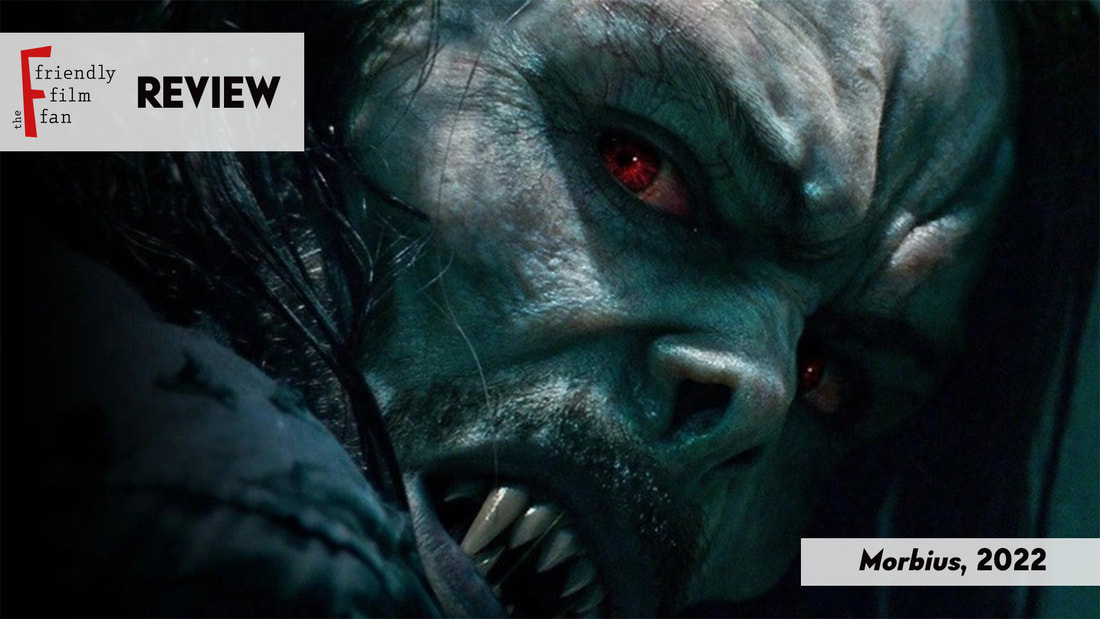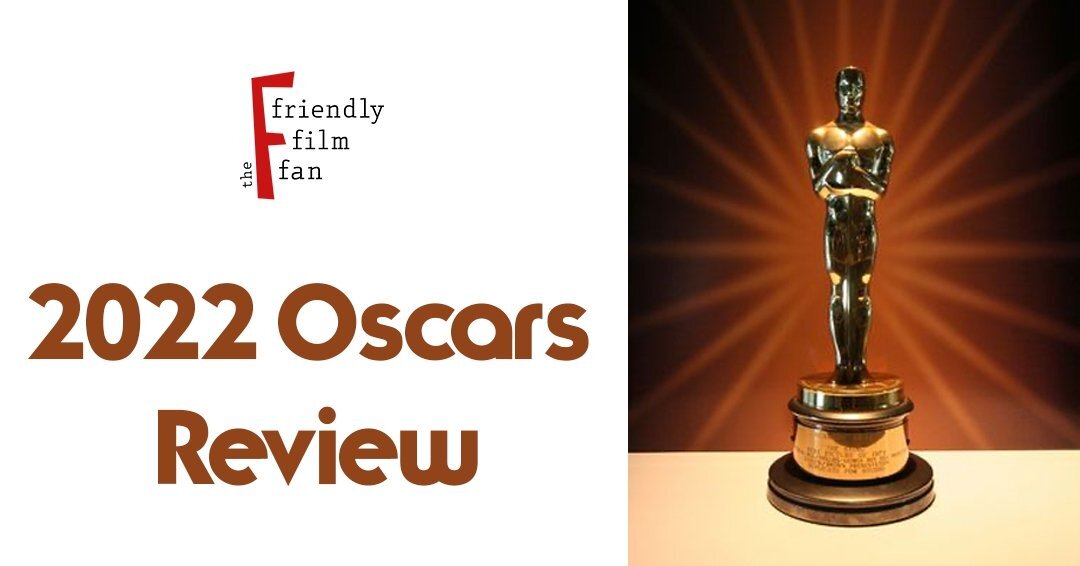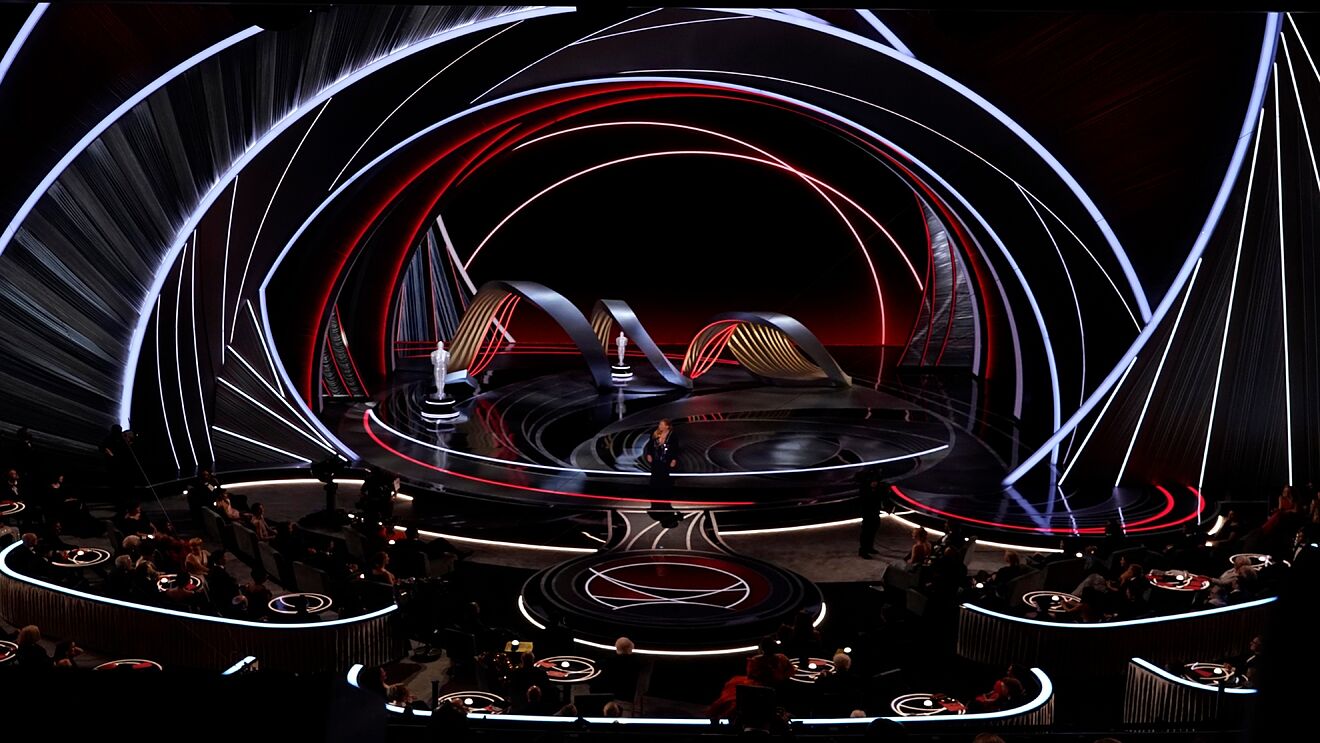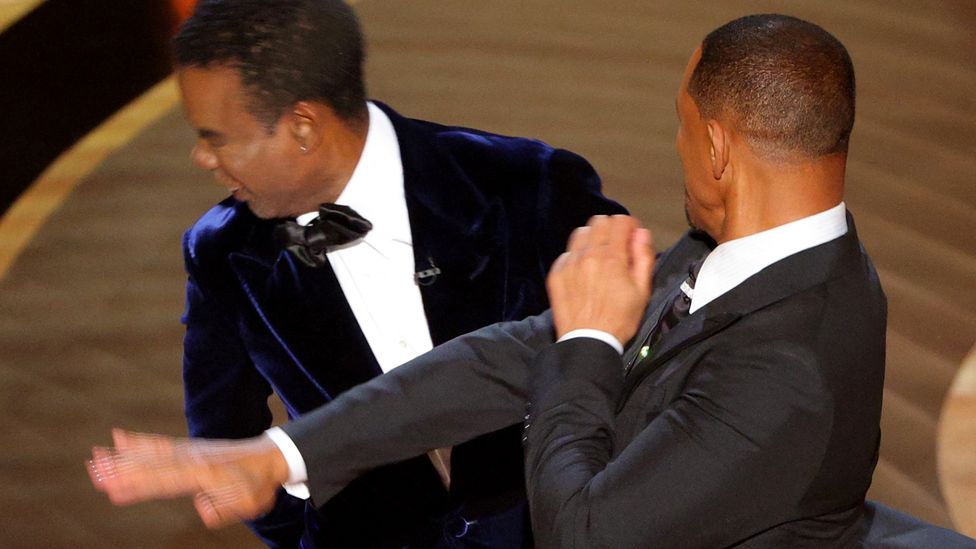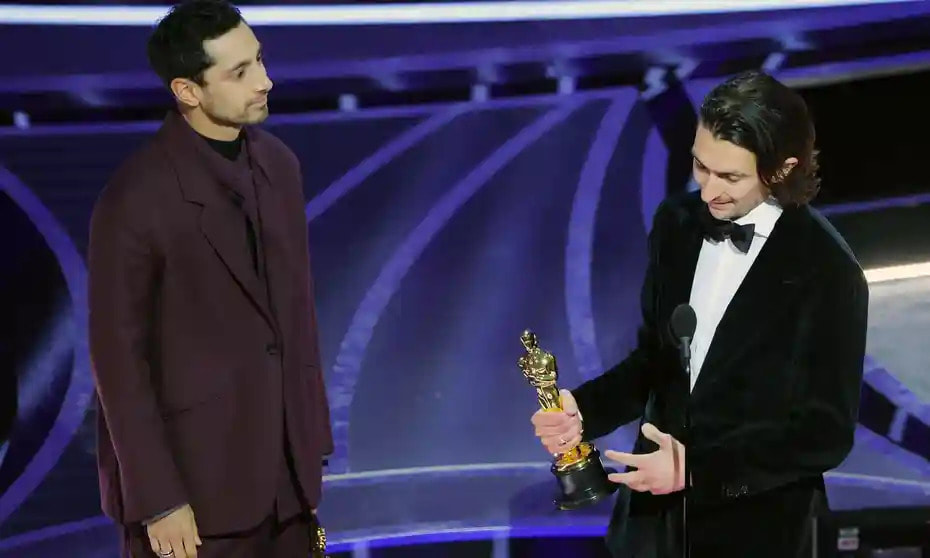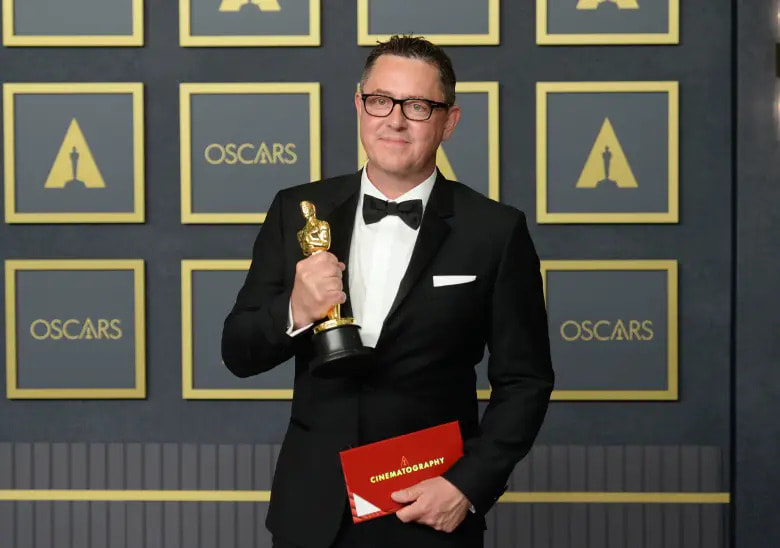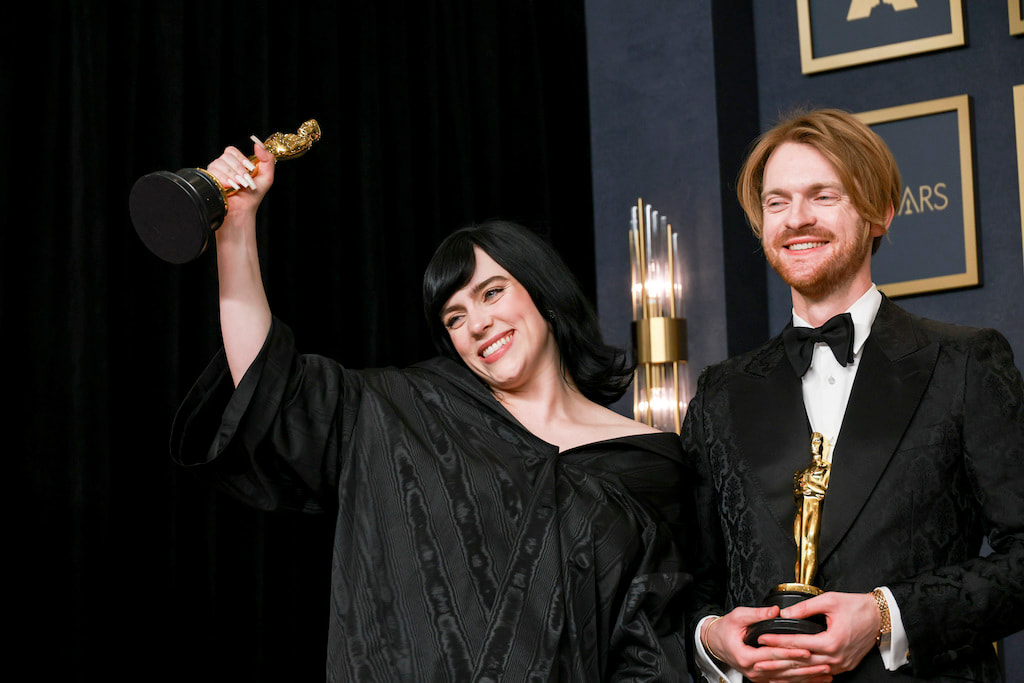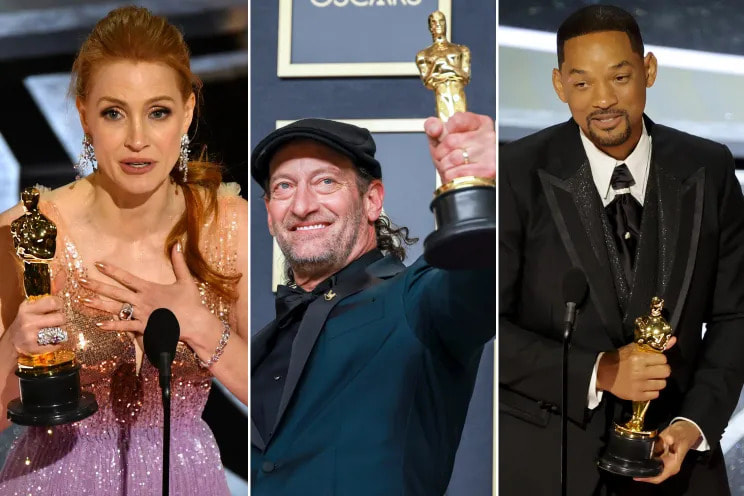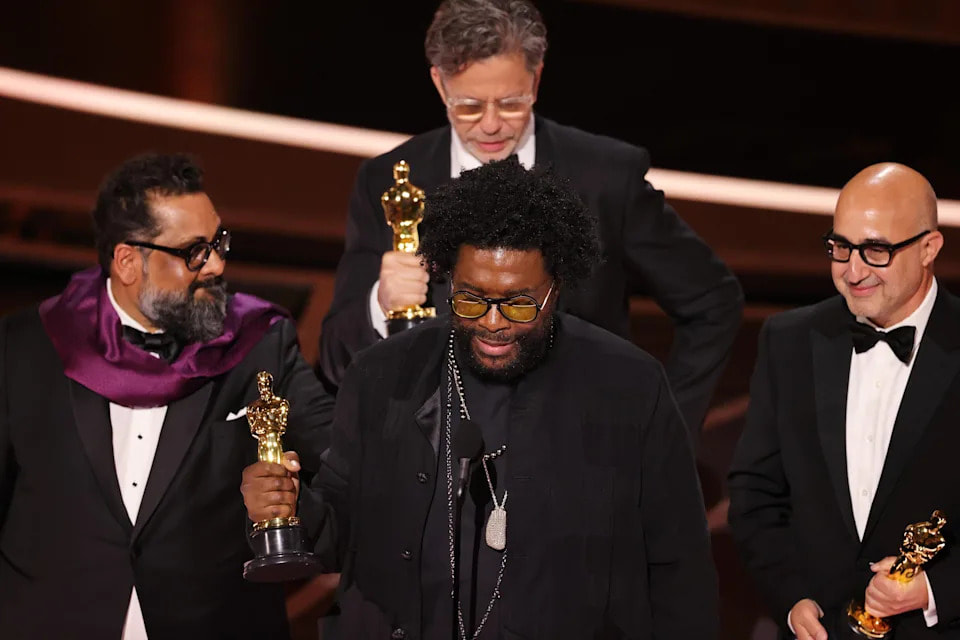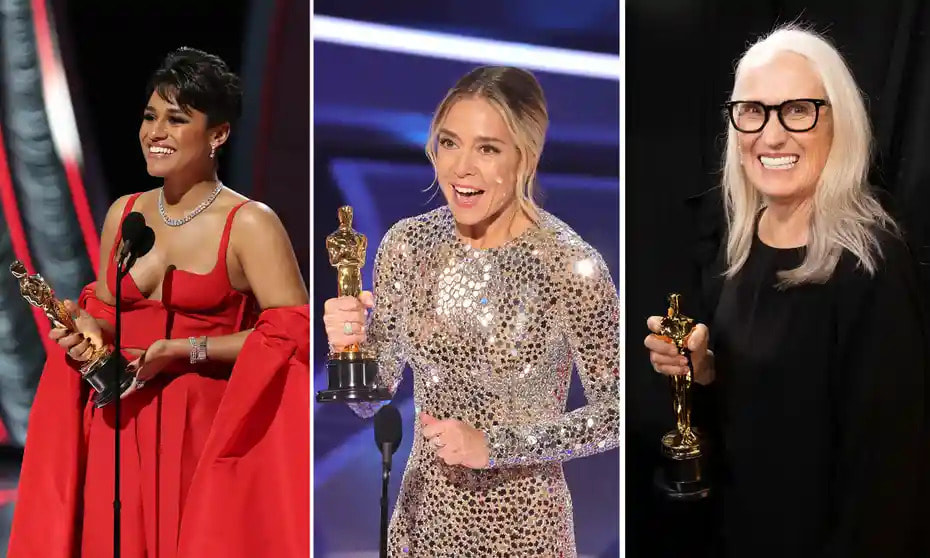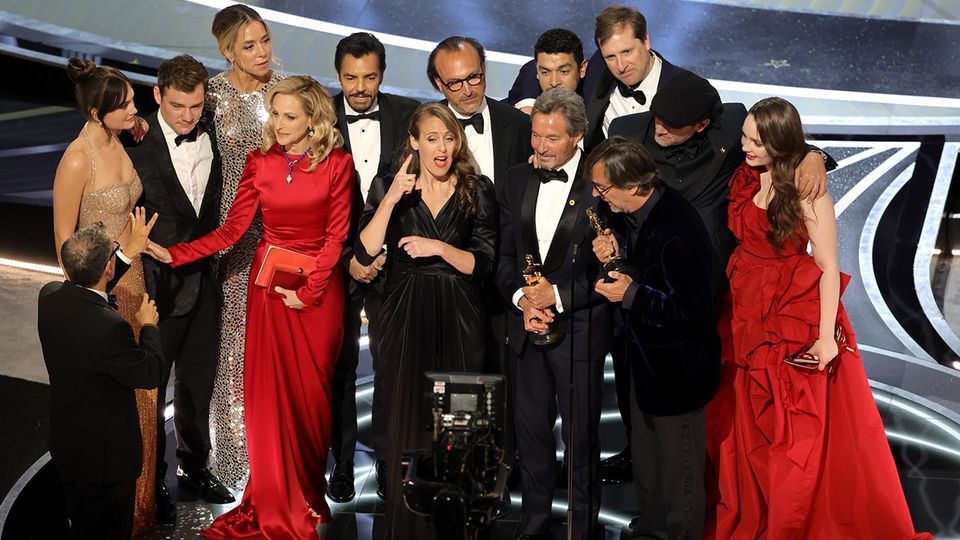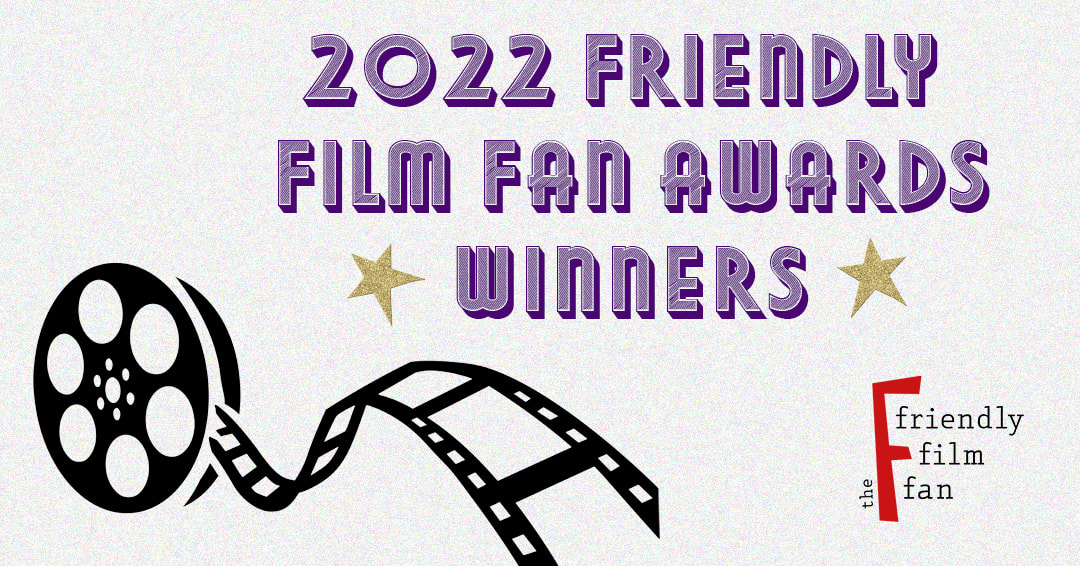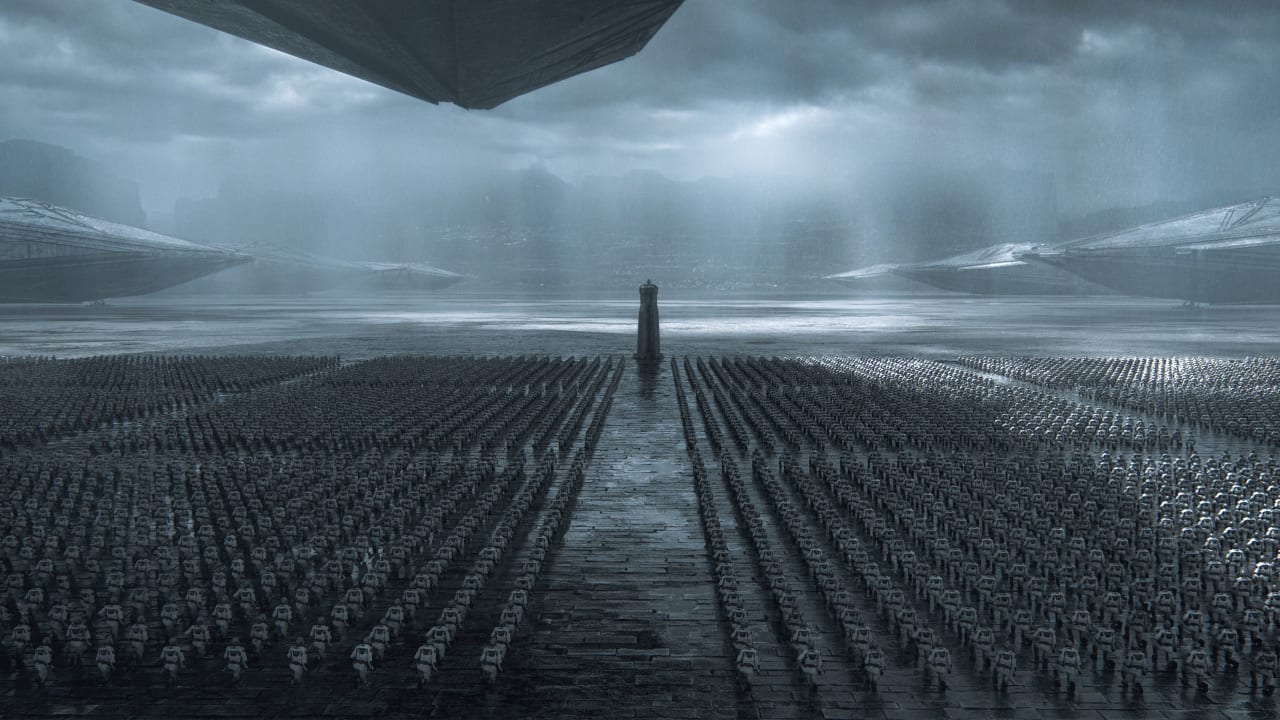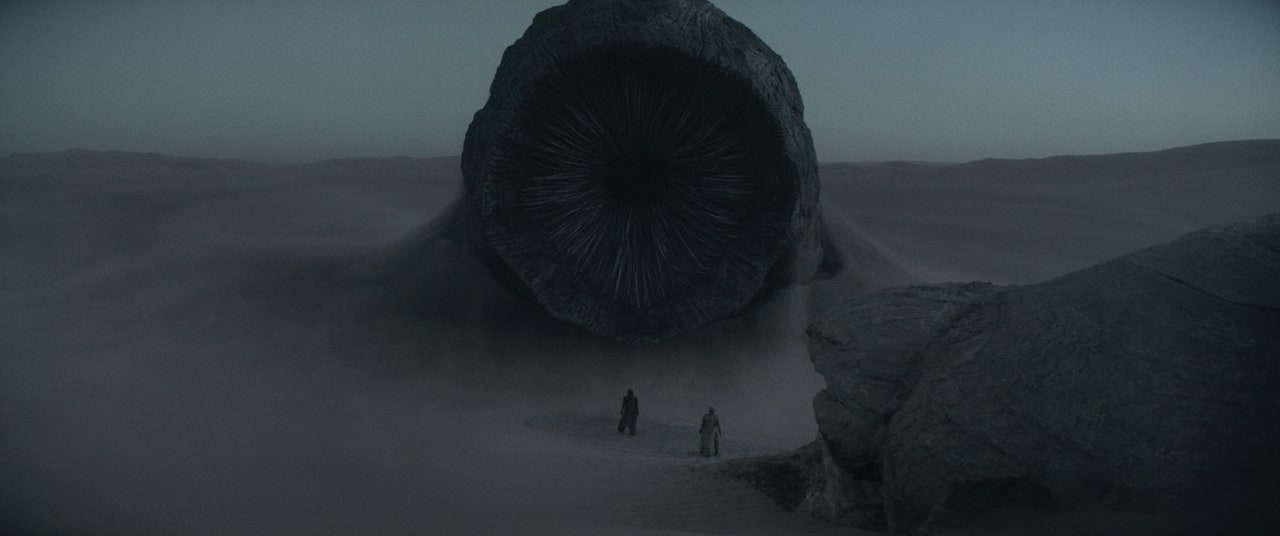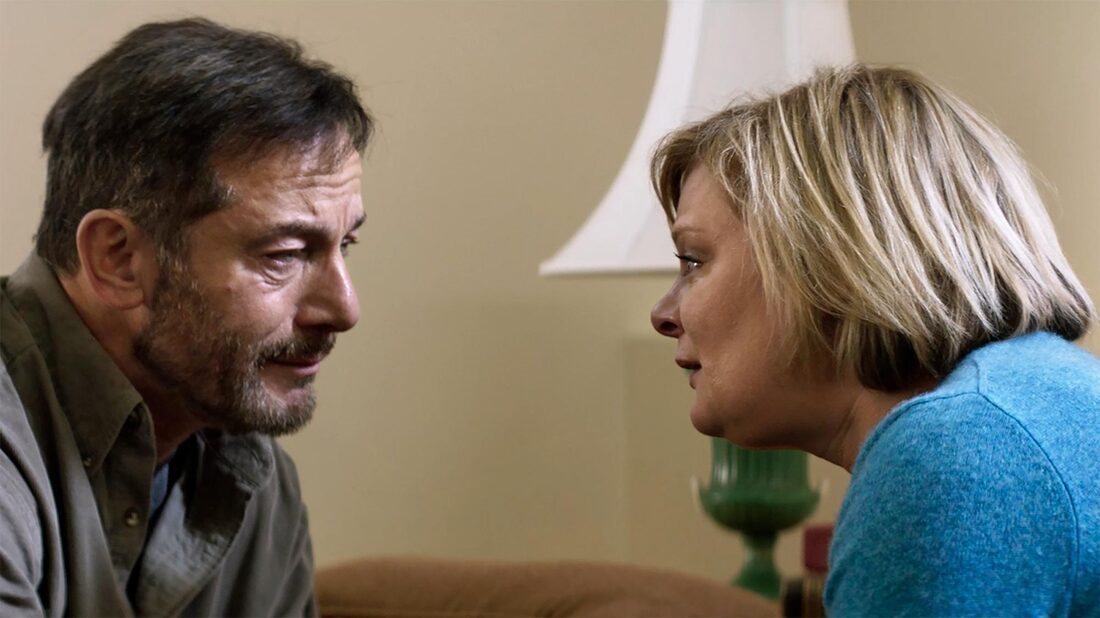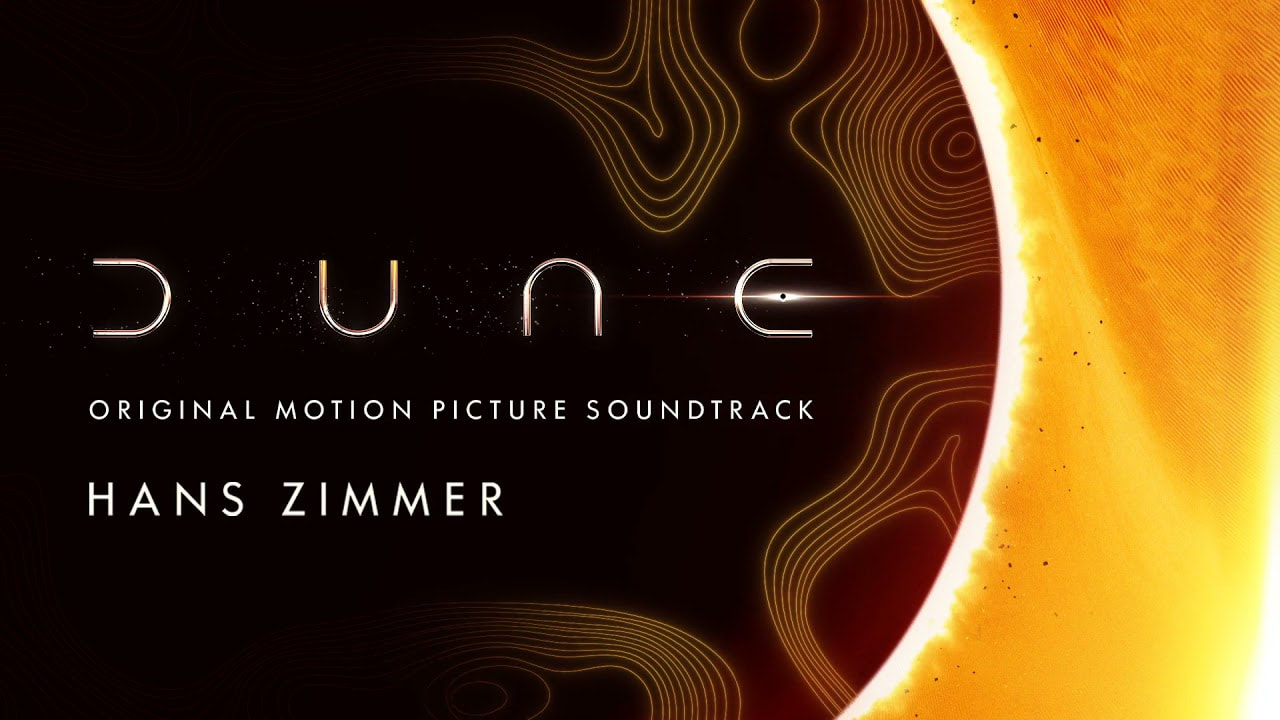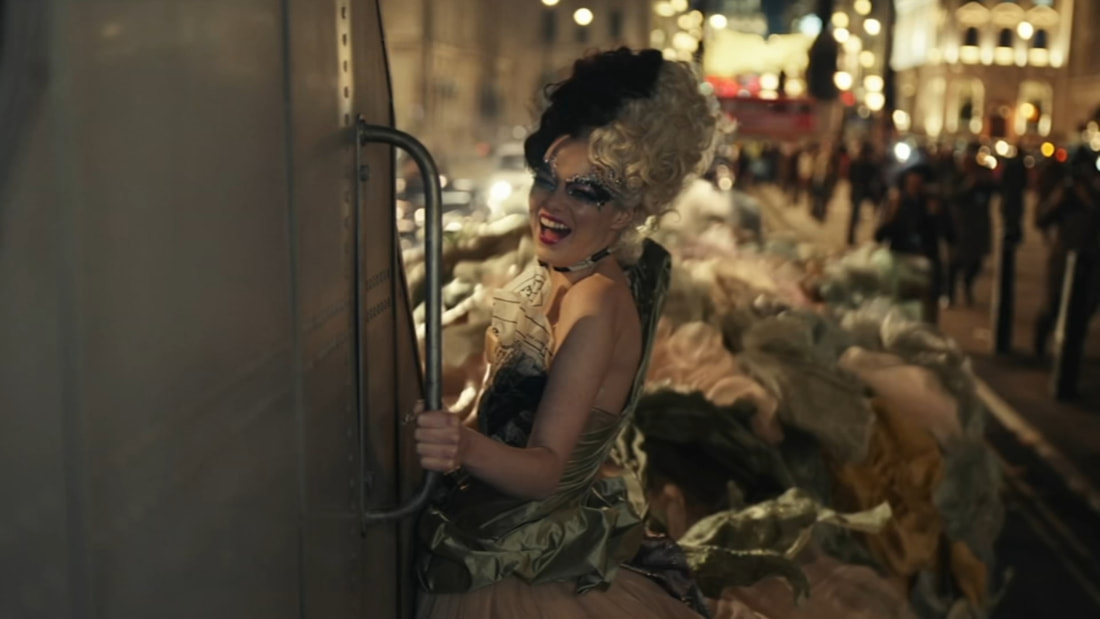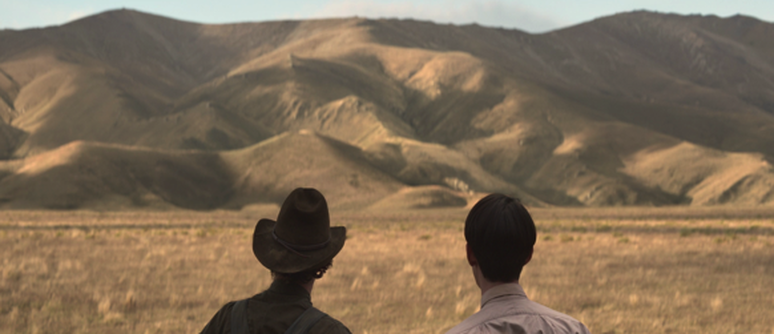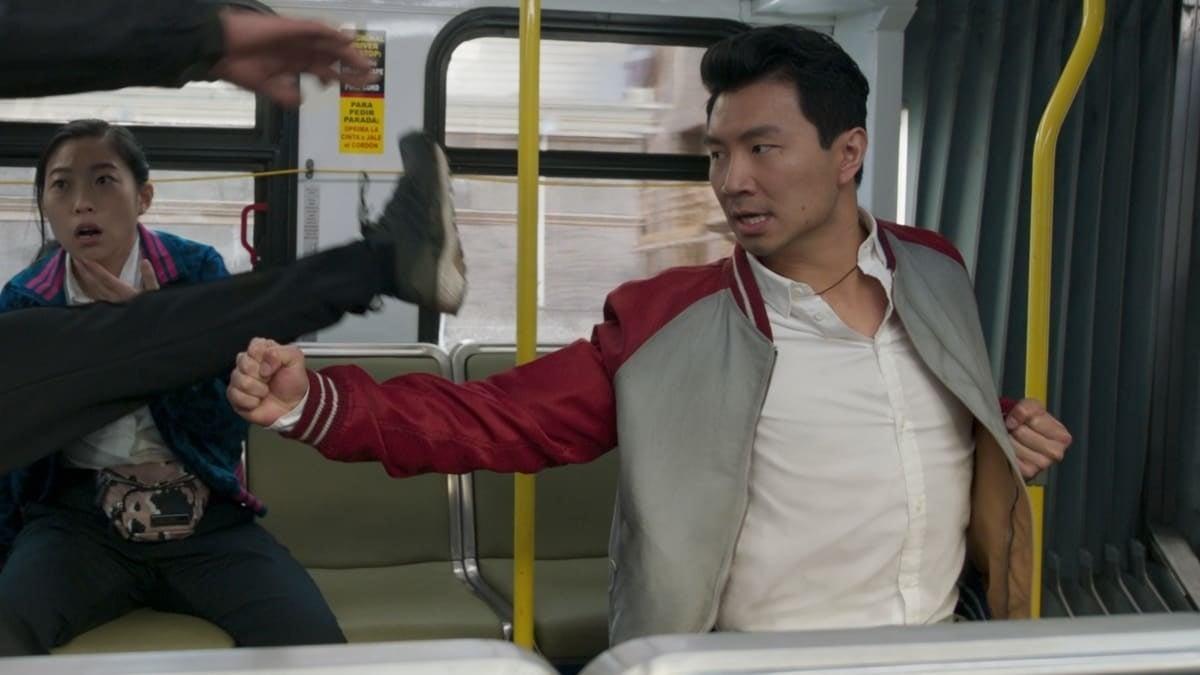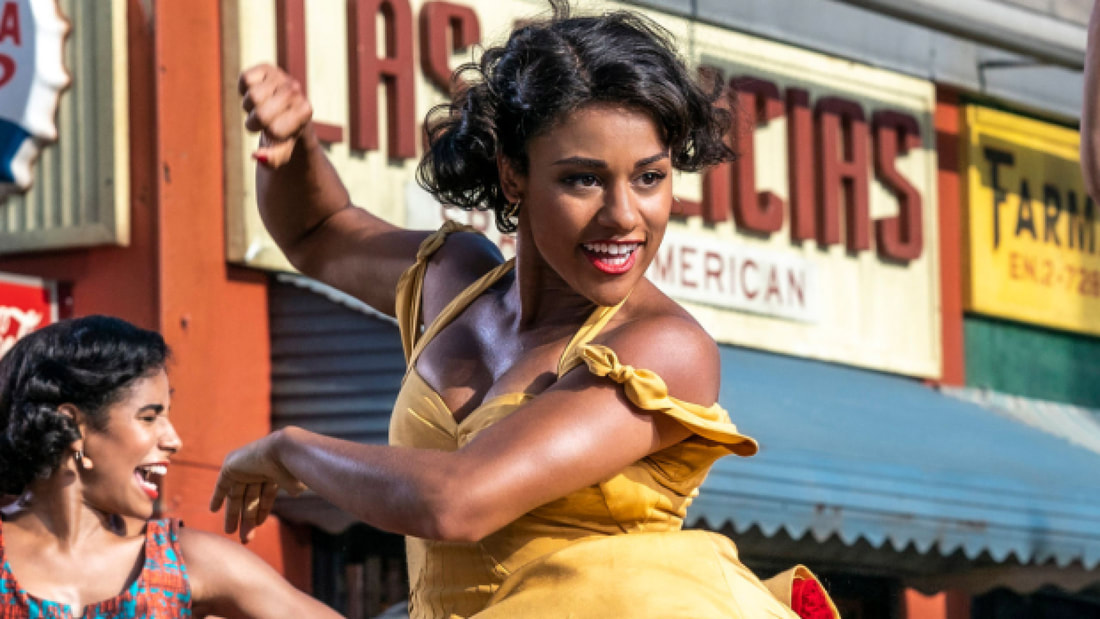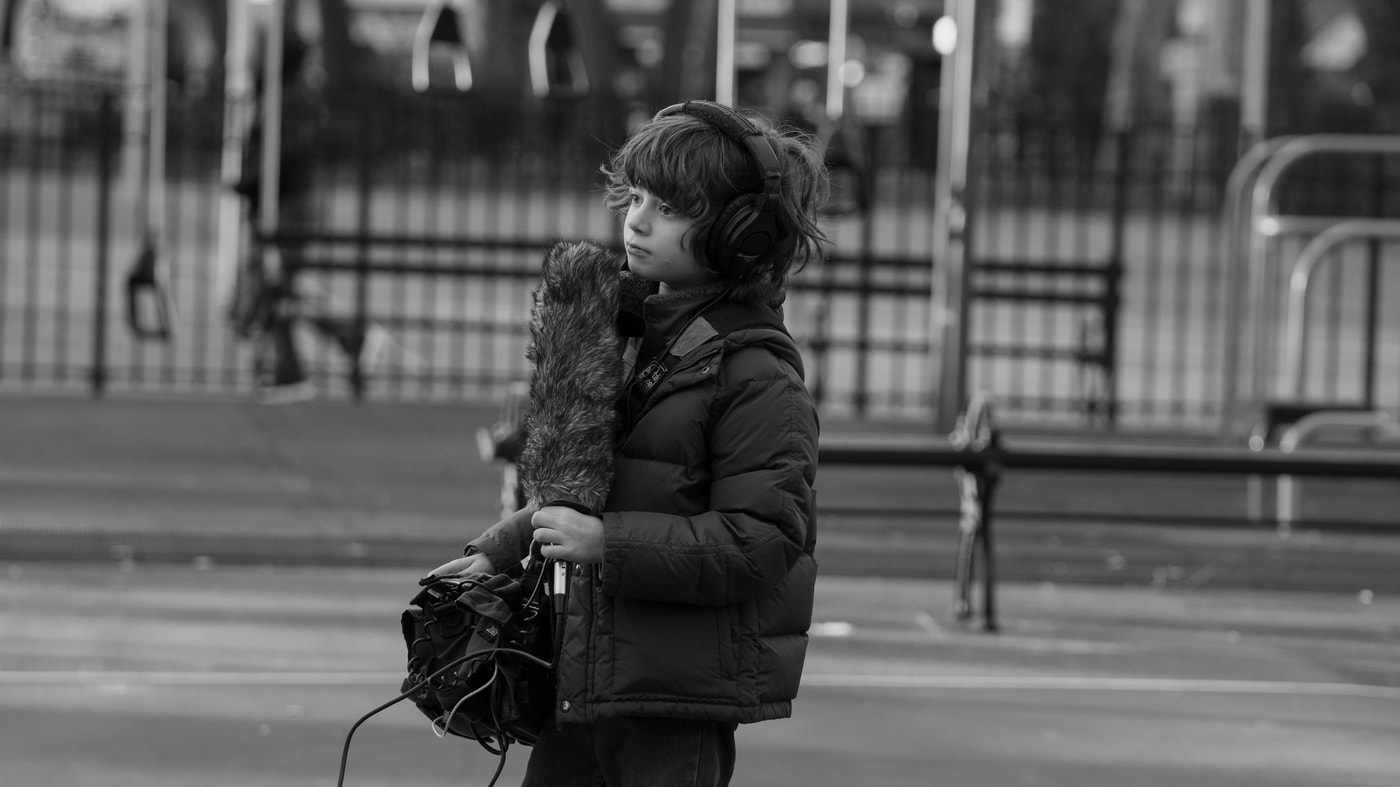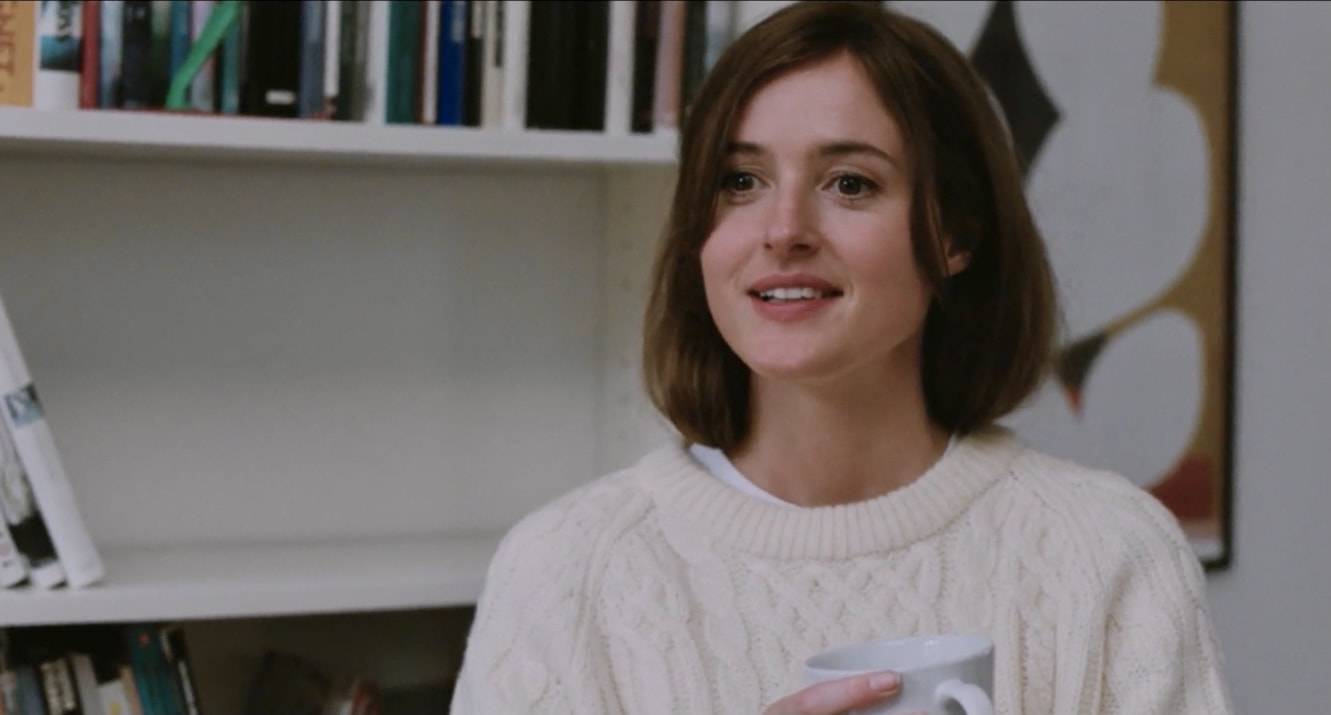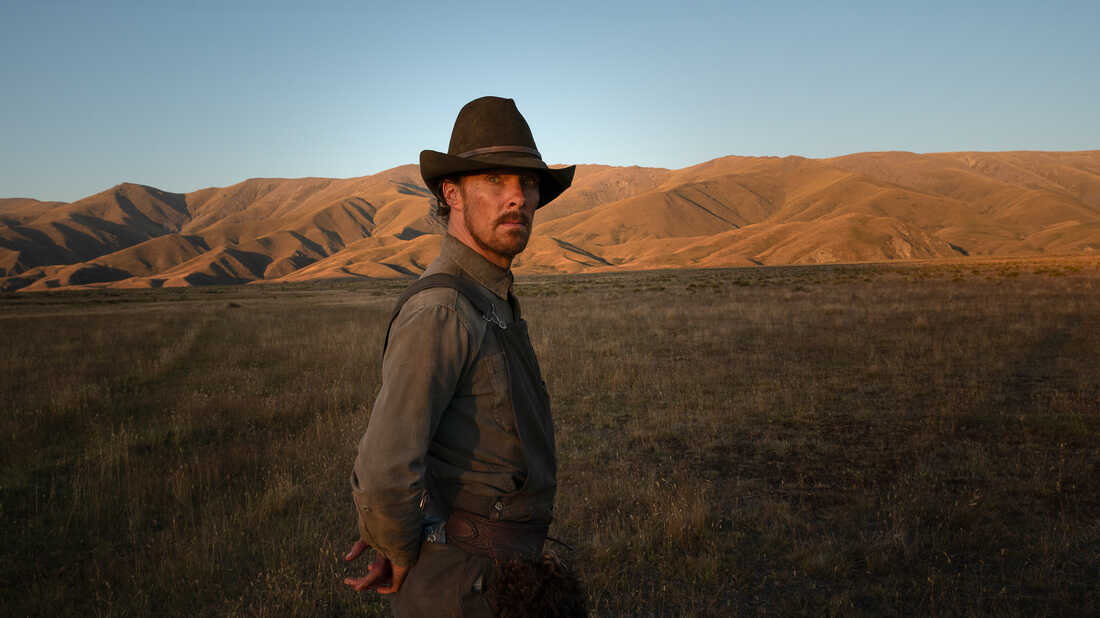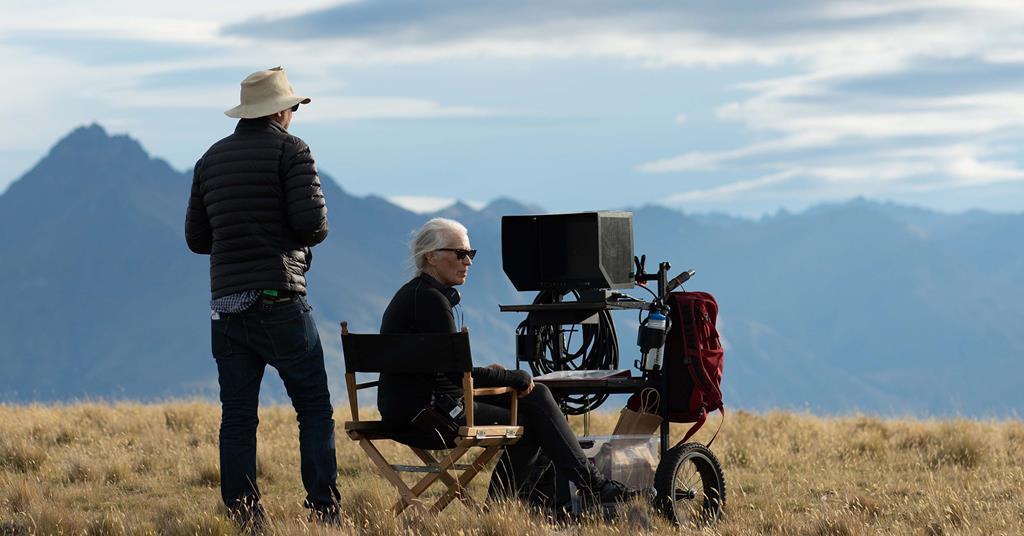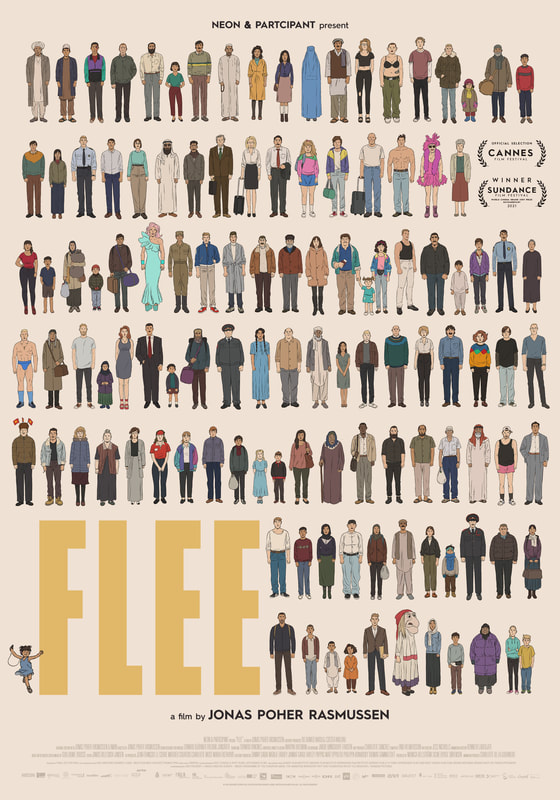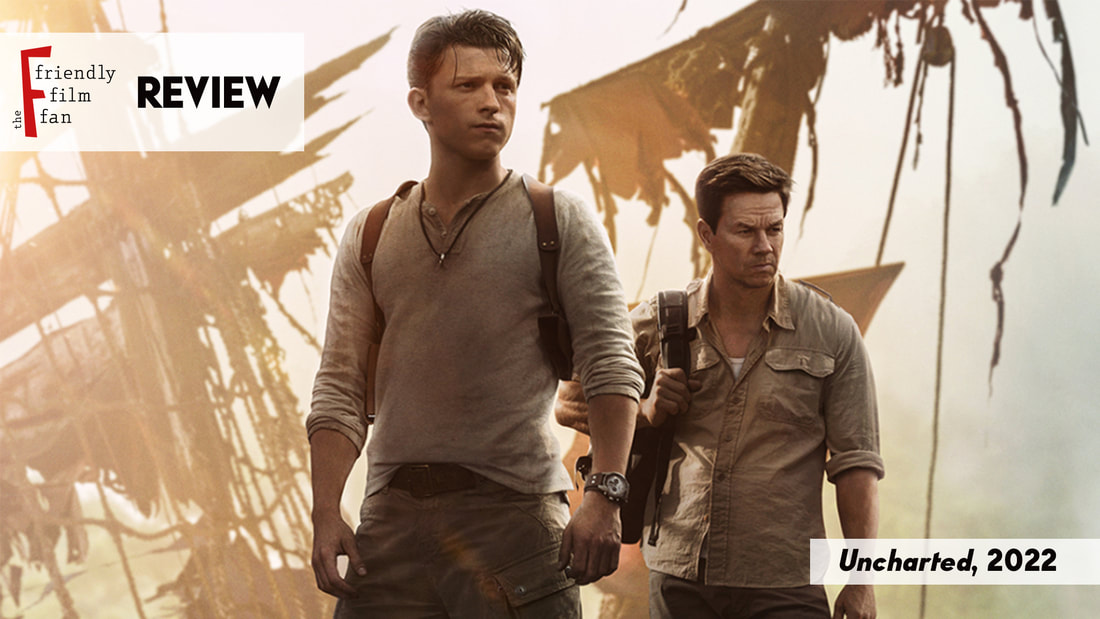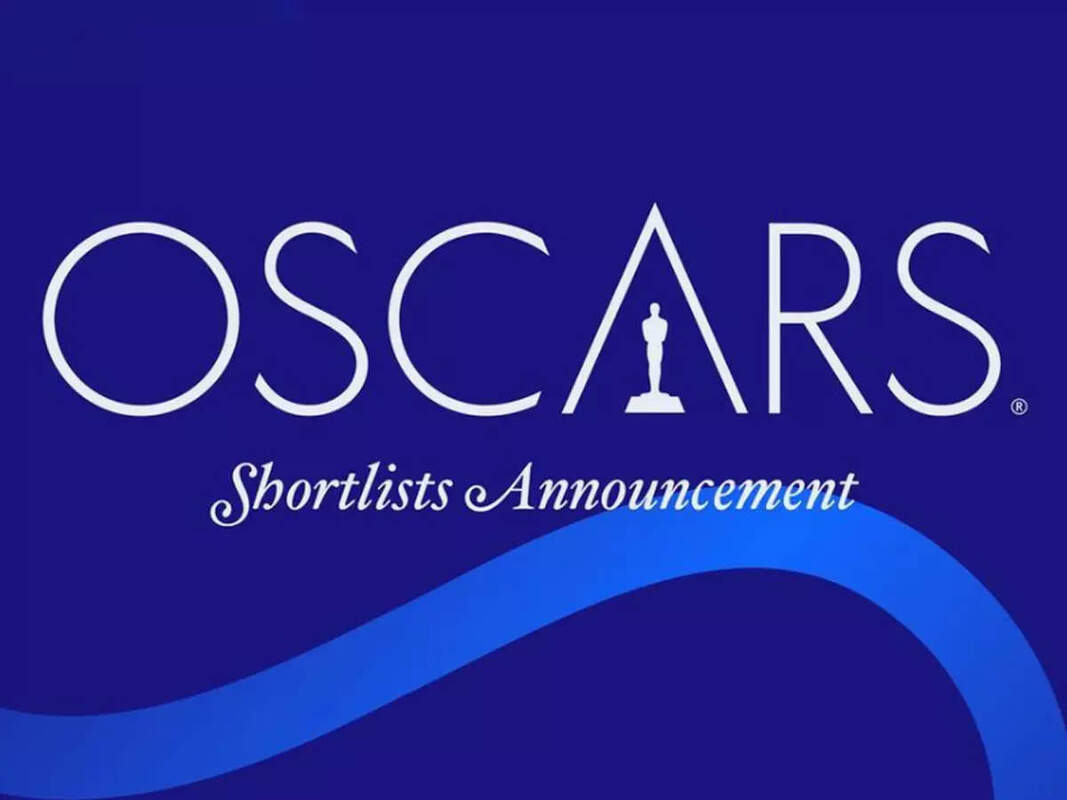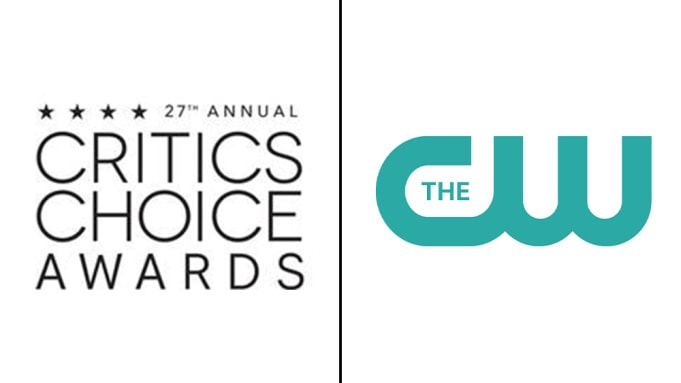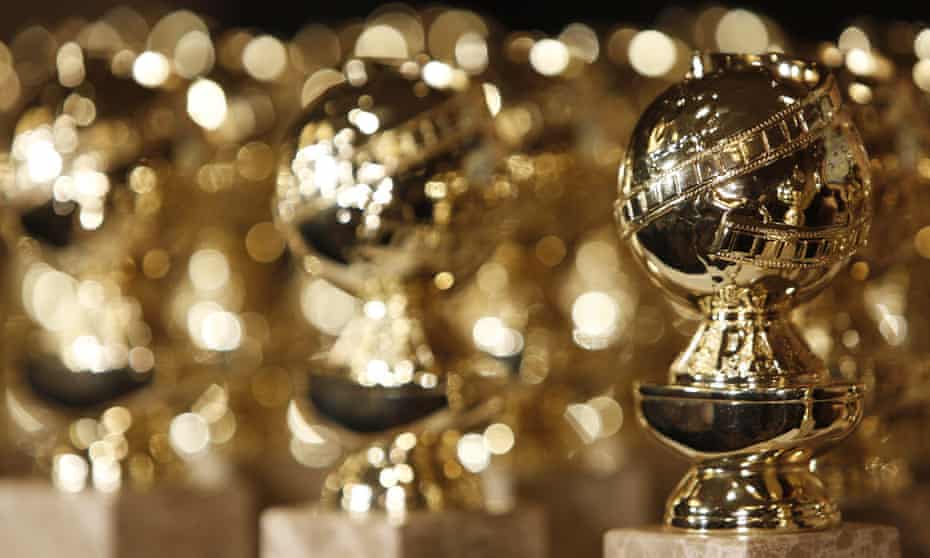|
The Friendly Film Fan Breaks Down Sony Pictures’ Latest Comic Book Movie Release. You’d be forgiven for forgetting that Sony Pictures’ latest Spider-Man spinoff universe movie, Morbius – a frankly lifeless adaptation of Morbius the Living Vampire – was meant to come out pre-pandemic, or even that its first delays were due to production issues and reshoots, rather than Covid itself, but what no one should be forgiven for is insisting on a theatrical release when its VOD numbers likely would have been much higher, and far more appropriate given its quality. Theatrical selection is far more specific now than it used to be, what with Covid-19 still being around – though in far less fatal quantities – and patrons being more likely to be choosy about how much time they want to spend in a movie theater given what we’ve all been through over the last two years. Time is precious to individual and collective alike, which is why Morbius may well be the most offensive film to see right now in that context. That’s not to say that it’s awful, or outright trash; in fact, it’s not even the worst comic book movie I’ve seen over the past few years (though not for lack of trying). It’s just a colossal waste of time, continually insisting that it’s far cooler than it is and entirely incognizant of how needless its existence ends up being.
The film begins with Jared Leto’s titular character (Dr. Michael Morbius) already at the cave audiences saw in both the film’s trailers, where he intends to trap vampire bats in order to extract their blood for medical research, and then immediately jumps back almost thirty years for the tiniest morsel of backstory before whiplashing us back into modern day with no reason why. The structure of this movie is so out of sorts that entire scenes take place without needing to, and those that are necessary don’t seem to take place in the order they were meant to. The cave scene itself seems to have been an afterthought to the whole proceeding, or shot as part of an entirely different telling of the story, one of two different versions that both show up here, forced together as if the puzzle pieces were made to fit, rather than designed to. In fact, the first third or so of the movie is structured this way, as if two different versions of the story were written but unfinished, and thus Jane the Virgin’d into the same film when that method rarely – if ever – works in storytelling. Morbius is either all plot with no character or no plot with an anti-character agenda. Not only does the movie itself not seem to have any identity beyond “character for universe,” the characters themselves leave no lasting impact or legacy beyond their time on screen, and even then, the impact is generously dull. In the scene I mentioned where the audience is jumped back almost thirty years, we meet Matt Smith’s character, who is meant to have grown up with Leto as the rich kid with the same disease because there needs to be an excuse for him to be in the movie, but the film never really does anything with him beyond what it telegraphs in that scene. Ditto the film absolutely wasting the immense talents of Jared Harris by having him simply stand around and talk a little bit to Smith’s character about some things but giving him no actual motivation, no pathos, no depth, try as Harris might to infuse something of note into his dialogue. And that’s the largest problem with this movie: no matter how hard Leto tries, or Harris, or even Smith as he and Leto let their decent chemistry carry a single conversation – no one can save this movie from its colossal level of inconsistency, of ideas, of writing, of character motivations, of essentially anything. Perhaps most hypocritical about the movie is how rushed its pacing is, given how simultaneously tedious sitting through it feels. There is not one single thru-line of the film that makes any impact on the world it inhabits, and no subplot it either seems to just skip to the end of or drop entirely. Characters contradict the very ideas the film is asking the audience to take seriously multiple times, up to and including the insinuation that because Leto’s character doesn’t mean to kill eight people, he’s assuaged of his guilt for doing so, even going so far as chastising another character for killing one on purpose. The film’s shooting style, occasionally finding some sort of sleek and modernist identity, abandons it every time an action sequence comes up, choosing instead to bring in everything trick people remember from 2005; in short, the action sequences look like shit, if you can see them at all, with visual effects so bad that everyone who complained about Black Panther should be required to pen a ten-page apology letter to Ryan Coogler for ever deigning to say so out loud. Even the film's two credits scenes (which both take place before the credits end) ring as completely nonsensical given the already established multiverse rules of Spider-Man: No Way Home. To dive further into why the movie doesn’t work may require spoilers, but honestly, doing a spoiler review for this one would mean watching it again, and right now I can’t think of anything I’d like to watch less. Morbius may not be offensively terrible, or even all that batshit a comic book film on its face, but it is without doubt the emptiest to come out in quite some time to take itself as seriously as it does. Inconsistent writing and no characterization combine with a rushed pace to make a tedious film that doesn’t seem to have any actual ideas, of its own or even that it’s stolen from other, more successful creations of its kind. It has nothing to say, nothing that matters, and no identity. Theaters all over the world need movies right now that people can get excited to go out and see, that will get them pumped about going back to the theater, and there are a myriad of experiences worth having in theatrical settings – but this won't be one of them. I’m giving “Morbius” a 3.8/10 - The Friendly Film Fan
0 Comments
2022 Oscars Review: “CODA” Sweeps for Best Picture, and That Will Smith Moment (Full Winners List)3/28/2022 The Friendly Film Fan recaps the 94th Academy Awards. The Academy of Motion Picture Arts and Sciences held their 94th Annual Awards ceremony on Sunday night, honoring the best in film from the year 2021, and what a night it was. Before diving into the winners list, as well as the ceremony itself, let’s start with the one thing everyone is talking about, because it can’t not be addressed, the most infamous Oscars moment since the La La Land/Moonlight switcheroo: Will Smith slapping Chris Rock across the face after Rock made a poor-taste jab at Jada Pinkett-Smith’s health condition, a moment which stunned audiences and spawned every conceivable form of meme. Was this justified? Did Chris Rock deserve it? Did Will Smith go too far? My answer to all of this is that I have no definitive answer. I can condemn Smith for reacting in a violent manner towards words that I also recognize were deeply insensitive, but Black men have always been condemned for even the smallest of violent altercations when white men have been making movies about and celebrating those things for as long as the Academy has been around. Then again, far worse “jokes” have been made at the expense of Academy members and Oscars attendees (largely by white men), and none of the people who made those got slapped at all, even if they deserved to be (we don’t need to go into the Ricky Gervais or Seth McFarlane conversations here though). Unprofessional though it may have been, the Will Smith moment was seemingly fueled by a need to “protect” and “stand up for the honor” of someone who didn’t need defending (even as, in many ways, the Black woman in the United States is often the one most denied defense or protection), and many victims of domestic violence hear the same justifications for the heinous things that happen to them. The truth is, it’s not for me to say whether it should have happened or not. It did. And there’s nothing that can change the fact that it happened, live, and now it overshadows everything that the night was supposed to be about. Smith himself has apologized for the incident to Chris Rock and the Academy, as one can read about in this IndieWire article, and noted that it soiled the journey of the evening, but the damage is done and there is no changing the fact that what could have been a night about the Oscars turned into a night about a beef between attendees. Now, I’d like to take a (brief) moment to discuss the Academy’s insinuation that they may ask Will Smith for his Oscar back, given what transpired, as well as its condemnation of “violence in any form”: this is bullshit. No, it’s not bullshit that the Academy has opened a review into an incident of assault on their stage, or that they condemned Smith’s actions – that makes sense for them to do, given the circumstances. What’s bullshit is the “in any form” part; how often did this body celebrate and recognize films which promoted violent racists in heroic fashion? American Sniper was nominated for six Oscars and nearly won some of them. And it's not as if the Academy genuinely has much of a problem with scandal tarnishing a film industry worker’s brand; Harvey Weinstein, Roman Polanski, Casey Affleck, and Mel Gibson all still have their Oscars, and some of those were won quite recently, Polanski’s (who drugged and raped a 13-year-old girl) as recently as 2002 (Polanski won Best Director for The Pianist). If the Academy is genuinely attempting to get better at recognizing unprofessionalism at inopportune moments, then fine, but it is ridiculous to claim that the Will Smith moment was the awards’ darkest – as many online have been doing – when Native American Sacheen Littlefeather was publicly booed by Academy members in 1973 (as John Wayne was attempting to assault her with six security guards holding him back) after deigning to ask that the film industry not portray her people in brutalist fashions and the publicly mocked at the same ceremony and the following year by Clint Eastwood on the same stage. If the Will Smith moment is truly the Academy’s darkest, they must take a good look at why they’re considering that, and not the bevvy of darker moments staining their history, as their top choice. And Smith, unprofessional behavior or not, should not have to give his Oscar back. Now, let’s all please move on. Several months ago, the Academy made the decision to cut eight of their categories for time, deciding instead to present them during the red carpet segment of the night, record the footage, and stitch them into the broadcast later on, edited for time. (Those categories were: Best Production Design, Best Original Score, Best Makeup and Hairstyling, Best Sound, Best Live-Action Short, Best Animated Short, and Best Documentary Short.) This, for many reasons, didn’t work at all, and was a terrible move by Academy President David Rubin in a bid to get the show to end by 11 p.m., which we all know did not happen. Compounding the issue further was the fact that this Oscars attempted to bring a more populist audience to its viewership and boost its record-low ratings by including things like Fan Favorite Twitter campaigns which immediately became jokes in and of themselves, a frankly bizarre performance of “We Don’t Talk About Bruno” – which was not nominated for Best Original Song nor submitted by Lin Manuel-Miranda, who wrote the music for eventual Best Animated Feature winner Encanto – and some three-host bit segments that became even less successful as the night wore on. This move was supposedly brought on by pressure from ABC (which Disney owns), a move I’ve already talked about the ickiness of, which feels even ickier when one considers the only real movie-related advertisement viewers got – beyond James Bond and Godfather tributes and a second awkward In Memoriam segment – was for Lightyear, which Chris Evans was asked to present. Lightyear, notably, is Disney and Pixar’s next release. (Side note: the ad was just the second trailer for the film, which had already been released.) More importantly, however, the move meant that viewers were robbed of seeing Dune win the first four of its eventual six Oscar victories (Best Film Editing, Best Production Design, Best Original Score, and Best Sound) during this time, and the most unnecessary category in the whole affair – Best Original Song – took up most of the ceremony’s time again, even if seeing Billi Eilish be excited about winning was one of the night’s more adorable moments. We waited decades to see Hans Zimmer win a second Oscar, and he had to accept it in a bathrobe from across the ocean because it didn’t matter if he was there or not! Searchlight’s The Eyes of Tammy Faye also won in the Makeup & Hairstyling category, during which ABC bizarrely tried to convince people that she was being interviewed on the red carpet live, despite the fact that Chastain herself said she would be in the Dolby theater as her team was being celebrated. And of course, the shorts were presented during this time, the winners of which were The Long Goodbye for Live-Action Short, The Queen of Basketball for Documentary Short, and The Windshield Wiper for Animated Short, the only shortfall on my Oscars ballot. (Humble brag, I went 22 for 23. But it was also one of the most predictable years ever, so maybe it’s not that impressive.) Moving on to the live portion of the show, some bits worked and some definitely did not. The opener of Beyonce singing her great song “Be Alive” live from Compton with all the costuming involved was great, and the show was going well for the first ten minutes or so…until it wasn’t. Amy Schumer, Wanda Sykes, and Regina Hall didn’t seem to work very well together as Oscar hosts, although it was also by no means a disaster when they presented as a group, even if the movie costumes bit started strong but just got worse as it went on (the Spider-Man Schumer moment was amusing but didn’t make much sense). In all truth, Schumer ended up being the funniest and most successful of the hosts in her individual bits relative to the laughs she got and the lightness of her comedy (the ridiculous Kirsten Dunst bit and needless disrespect of animated films notwithstanding). I mean, come on, the movie flops joke? The “Melissa McCarthy said no” moment? The “Being the Ricardos wasn’t funny” material? Hilarious! Then the night turned straight-up weird when Regina Hall wouldn’t stop talking about how horny she was, even for men as young as Jacob Elordi and John David Washington, even going so far as to ask Denzel where his son was, which was gross and uncomfortable. Wanda Sykes had a few zingers like The Last Duel flop joke and her pretty good Academy Museum bit, but largely seemed there only for bits after a while, which wore thin about halfway through. West Side Story star Rachel Zegler’s joke about not having been invited to the Oscars initially was great, though, so you win some, you lose some. And, as noted, the cutting in of the pre-taped awards wasn’t a total disaster, but didn’t help the show in any meaningful way either (apparently the transcribed nominees’ speeches on the Academy’s website are, in fact, the edited versions cut together for broadcast and not the full thing). As far as the winners are concerned, the night went largely as expected, with the safest and occasionally most boring choices winning the night. Dune added Best Cinematography and Best Visual Effects to its total of six wins for the night (all of which it deserved and all the recipients of which made sure to single out Denis Villeneuve’s iconic direction of the film), and the two least interesting winners in both Screenplay categories took home their Oscars too, those being Belfast in Original Screenplay – its only win of the night – and CODA in Adapted Screenplay. Will Smith and Jessica Chastain won their first Oscars for Best Actor and Best Actress respectively, and Ariana DeBose finished her clean sweep in Best Supporting Actress by winning for playing Anita in West Side Story, making her the first openly queer Black woman to win an Oscar and the third person to win an Oscar for playing an updated version of a character which had won an Oscar before (those being Don Vito in The Godfather/The Godfather Part II and the Joker in The Dark Knight/Joker). Troy Kotsur became the first deaf man to win an acting Oscar by taking home the award for Best Supporting Actor, and the film for which he won – CODA – succeeded in a clean sweep, going three for three on winning all its nominations to be crowned Best Picture at the end of the night, which it achieved without a Best Director or Best Editing nomination, breaking decades worth of tried-and-true Oscars stats (no film has done this since Grand Hotel in 1933). Unfortunately, The Power of the Dog – my #1 film of the year and the more deserving Best Picture winner – went one for twelve on its nomination-to-win translations, with its only win going to Best Director victor Jane Campion, making it the second-worst win streak in Oscars history. That said, I did really love CODA, so its win here is more of an underdog’s tale I’m happy to root for than a genuinely bad choice (it’s no Green Book over Roma, that’s for sure). To wrap things up on the recap, Questlove won an Oscar for his great documentary Summer of Soul (that’s the moment the whole Will Smith thing overshadowed), Encanto won for Best Animated Feature (a good movie, but not better than Flee or The Mitchells vs. the Machines), “No Time to Die” won Best Original Song (Billi Eilish is an Oscar winner y’all!), and Jenny Beavan won her third Costume Design Oscar for her stellar work on Cruella (Beavan had previously won for A Room with a View and Mad Max: Fury Road), with The Eyes of Tammy Faye taking home the award for Makeup and Hairstyling. It certainly was a night to remember, but given everything that transpired, how it was all put together, and frankly how dull the whole affair was in retrospect (minus that one moment), it probably should be one of the most forgettable. To cap it all off, I’m afraid the Academy will learn all the wrong lessons from their miniscule ratings uptick and try to do the dumb Fan Favorite Twitter polls again (which themselves got hilariously and embarrassingly gamed by the chronically online Snyder-Heads), thinking that’s the cause of increased viewership instead of the fact that people just saw way more movies in 2021 – with available vaccinations, moderately increased theater attendance, more streaming options for viewers at home, and mask mandates/revamped cleaning protocols – than they did in 2020 when the pandemic era was still just getting started and theaters were shut down for several months at a time. Hopefully, that doesn’t happen, and movies are in a better spot next year, but the next time I see Ryan Reynolds at the Academy Awards, it better not be for Free Guy 2’s Fan Favorite Awards campaign. A full list of the night’s winners (and nominees) is below. Best Picture:
So, what did you think of the Oscars this past weekend? Are you excited by any of these wins? How well did you do on your ballot? Let me know in the comments section below, and thanks for reading!
- The Friendly Film Fan The Friendly Film Fan Names Its Best of the Year in Film in 15 Categories. The time has come to reflect on and crown the best of the year in film, which can only be found here, on The Friendly Film Fan. Does the Academy choose the best in film by any objective measure? No. But I do. (I kid, I kid.) I do hope you all have been looking forward to this day as much as I have. Some of these races were quite close, others were wrapped up soon after they began; regardless, all nominees present are more than worthy of acclaim, though some have yet to be recognized with wins, even here. With all that said, it’s time to celebrate excellence. Here are your winners for the 6th Annual Friendly Film Fan Awards! Best Sound Design:
The first thing one encounters when booting up Denis Villeneuve’s 2021 adaptation of Dune is not image, but sound. Sound of a voice, of a quote pertinent to the story we’re about to see in ways still not fully understood, and unlikely to be fulfilled until Part Two releases in 2023 or 2024. The sounds of Dune rumble beneath the film as the sandworms do beneath Arrakis, constantly present and beautiful, but also destructive and vengeful in their practice. The sounds of Dune could fill an entire score by themselves, and they may still be listened to by film enthusiasts for decades to come. Throat singing, bagpipes, chants, slow blades, sandworms, and all manner of ships come roaring to life with stellar mixing and editing in the sound department, so Dune is out selection for Best Sound Design. Best Visual Effects:
Visual effects can be obvious or subtle, disclosed or hidden, graphically impressive or entirely invisible – such has been the case for many of the latter contenders with the Academy Awards. This is not the Academy Awards, but there are many times when our thinking does overlap; such is the case with Dune and its astonishing visual effects. From whole new effects systems such as sand-screens made to mimic a desert image to the creation of its signature creature, the sandworm, the effects of Dune pull the viewer into its world with an unshakable sense of clarity and awe. To bring both Caladan and Arrakis to life with such vivid imagery requires an immense level of craftsmanship unseen to this scale since Lord of the Rings, and Dune more than manages the task. Best Screenplay:
A great screenplay can be quotable, poignant, visceral, fast-paced, and intentional all at once, or it can be none of these or a combination of any of them sometimes and not others; the screenplay for Mass teeters on the knife’s edge between melodramatic and underserves, but never once makes any indication of tipping to either side of the blade on which it rests, and that is a razor thing blade. To tell a story like this between four characters talking in a room demands a script as interesting as the players in it; it demands the level of sophistication and nuance a film like Mass lives and dies on, and every word of Fran Kranz’ dialogue reinforces just how many angles conversations like it can take. If there is any screenplay more worthy of recognition in 2021, it has not yet presented itself to us. Best Original Score:
As much as the sounds of Dune are integral to its makeup, the score of Dune is integral to its legacy. The themes of Arrakis and Caladan which mirror each other in various ways to the creation of instruments simply to capture sounds for the film, Hans Zimmer has crafted here his best musical score since The Lion King in 1994, a magnificent cacophony of sound and place so immediate one cannot hear the bagpipes, Arrakis’ vocal cry, or the beating drums and not know exactly where they are. It is without doubt the best and most rousing score of 2021. Best Character Design (Costumes + Makeup & Hairstyling):
In creating memorable characters, both costume designers and the makeup department set out to create a distinct look that makes their character stand out whilst matching the film they inhabit, and no film brought about more distinct looks in 2021 than Disney’s Cruella, a staggering fashion saga oft told through a lens that cannot contain its ambition within four walls. Newspaper dresses and flammable disguises, Cruella not only elevates its title character’s status in the villainess world but embraces its ludicrousness by going all-out with the design of each character. In a year full of distinct looks, this one still stood amongst the best. Best Production Design:
To realize a world on screen, especially one as well-known and held dear as those in Dune by those most passionate about its material, is a feat worthy of the highest recognition; as such, this year’s Friendly Film Fan award for Production Design goes to the team that created the ornithopters of Arrakis so vividly, filled Arrakis with painstaking detail reflective of this universe’s impossibly epic scope, and brought to life the first half of a novel previously deemed unfilmable. Dune is an achievement in Production Design unlike any before it, not concerned with recreation or reinterpretation so much as pure creation, as adaptation. Denis Villeneuve and company have built something monumental in the legacy of Dune, and if Part Two can capture the same magic, this text shall be remembered as the definitive guide to crafting excellence in the sci-fi genre post-Blade Runner. Best Film Editing:
Combining re-created sequences of a dangerous rescue and mixing them with genuine documentary footage such that one can’t tell which is which is an astonishing achievement, but even more astonishing may be that The Rescue also uses its editing of these sequences to tell a story that builds on itself as it goes for almost its entire runtime. Jimmy Chin and Elizabeth Chai Vasarhelyi put on a masterclass for documentary filmmakers looking to find a story by not only stumbling on one in the moment, but finding one in the edit bay, one of unparalleled heroism and bravery in the face of contentious forces and impossible odds. The story of miracles has always been marked by impossibility; The Rescue’s editing makes that impossibility a tangible reality. Best Cinematography:
Dune is filled with stunning images, but cinematography isn’t only about imagery; it is about capturing the essence of a story, the essence of what look best enhances that story, and no film quite captures the essence of itself by its photography in quite the way The Power of the Dog manages to. Ari Wegner’s expert capture of the New Zealand backdrop in which the movie was filmed evokes 1925 Montana with stunning clarity, each wide telling of the story’s isolation, its distance, each close-up more meaningful than most entire dialogue sequences from other works. This was the closest race to call for these awards, but in the end, Ari Wegner’s photography simply imbues this film with a look both reminiscent and simultaneously critical of old western archetypes. Best Stunt Ensemble:
Stunts take a lot of work, but it is often the teams one doesn’t see on screen that make them happen in such fluid motion, and nowhere is fluid motion more precise, refined, or necessary that in Marvel Studios’ Shang-Chi. As a martial arts master, the title character’s hand-to-hand combat sequences needed to reflect his fighting style to unparalleled degrees, and certainly to degrees the MCU had not reached since Captain America: The Winter Soldier. It would seem they pulled it off, not once or twice, but three times in the same film, and all of this is done with grace, precision, passion. Each fight feels visceral, creative, full of energy. For any action film to have these qualities is good; for Shang-Chi to have them in such style is worthy of an award. Best Supporting Actress:
Though several are worthy, no star shone quite as bright or quite as immediately as Ariana DeBose, playing Anita in West Side Story. The young Hamilton breakout not only embodies every quality that made fans of the material fall in love with Anita in the first place – her sass, her charm, her range of emotion – but also imbues the character with her own sense of place, of life, of rhythm which Rita Moreno (though she is wonderful) did not quite have in the 1961 film. Everything that makes Anita work in West Side Story is not only present, but enhanced by the performance of Ariana DeBose, and we will be there cheering on our own Best Supporting Actress winner come Oscar night. Best Supporting Actor:
C’mon C’mon, much like The Worst Person in the World, is also about finding one’s place, figuring out one’s life as it begins to build itself around you; this time, however, it’s a child’s life as he is taken by his uncle so that his mother can take care of his estranged father. Woody Noman’s performance is an astonishing feat, not only for a British actor flawlessly perfecting an American dialect, but also of relatability. Norman understands Mike Mills’ wonderful script by imbuing it with a sense of curiosity, of the drive to learn and grow right from the jump. The film never treats him as anything or anyone but a deeply intelligent human being with childlike curiosities and childlike habits, as Norman turns from philosophizing to desperately needing a bathroom within the space of ten minutes of screentime. And through it all, he never once loses the viewer. This will be remembered by those who witnessed its greatness as one of the best child performances in any movie ever made, and the Best Supporting Actor performance of 2021. Best Actress:
Have you ever wondered whether your life was even in your control or just in the space you allowed it to be for the moment? Are you nearing what you feel may be the end of your adjustment period in life, unsure of who you’re meant to be or to be with, or what you’re meant to do? Renate Reinsve’s Julie in The Worst Person in the World, as she verges on turning 30, embodies every characteristic of a young woman attempting to figure herself out at an age when that time has passed for those around her. For those unsure, for those still searching, for all who wander and are indeed lost, Reinsve’s performance is not simply a brilliant showcase of unwavering commitment to character and talent to match the wonderful script, it is a call to embrace the unknowing. There is simply not a better Lead Actress performance to be found in 2021. Best Actor:
The Best Actor candidates this year all turned in remarkable work, from a career-best resurgence in dramatic tenderness to an undeniable and charismatic toxin to ambitious kings and tennis coaches. But none stuck out so much as a repressed rancher unable to reckon with what happened to him or how he might happen to others underserving of such villainy. Or is it villainy at all? Benedict Cumberbatch digs deep into The Power of the Dog, and comes out on a level few actors ever achieve. Vile, full of loathing, and eerily apathetic to the natural cruelty which he doles to others, Phil Burbank is imbued with a haunting pathos by Cumberbatch’s unwavering gaze, often steely but never fully resolved. It is for these reasons we award him Best Actor of 2021. Best Director:
Direction is often about placing one’s fingerprints on something or removing them entirely. But this year, directing was about finding a measure of balance between those two ideals. Jane Campion’s work on The Power of the Dog is very much marked by her fingerprints, but they don’t overwhelm the film such that this is all one can see. To bring storytelling this complex to life, a steady hand needs to guide each part into its place without being too overbearing or too apathetic. Campion’s direction here embodies that balance by pulling phenomenal performances out of great actors, stunning imagery from her DP, and an acute sense of letting it all rest just so. There are fewer examples one will find of a director doing their job perfectly or near-perfectly than Jane Campion this year. Best Picture:
Best Picture is so much more than just “what was the best movie of its year?” In fact, it’s so much more than whatever our favorite movie of the year was, even if we wouldn’t say our personal favorites were the best based on craft or storytelling. Sometimes Best Picture is about an achievement that tells us not where we’ve been, but where we could go next. That is why Flee has won The Friendly Film Fan Award for Best Picture of the Year. Flee is what is possible when the stories that matter most are paired with the only way they can be told, where storytelling meets a brand new frontier rising up to it at just the right time in just the right way. It is what the future of Hollywood looks like: diverse stories told in a myriad of different ways that touch our hearts, consume our minds, and remind us of some of the deepest truths of humanity – resilience, courage, and an intimate sense of vulnerability from those who have the most need to guard themselves. A story like this, told in this way, comes along once in 20 lifetimes, and 20 years from now people will look back on this titanic achievement in animation not as a relic, but as an essential text. Flee is what movies are made for. And those are your winners for the 6th Annual Friendly Film Fan Awards! We hope you all are satisfied with our winner selections (even in the closer races), as we aspire every year to represent the very best in what movies have to offer in our awards shows. Come back and be a part of it all next year too, if you like. See you then!
- The Friendly Film Fan The Friendly Film Fan reviews the studio's third-straight Disney+ release. 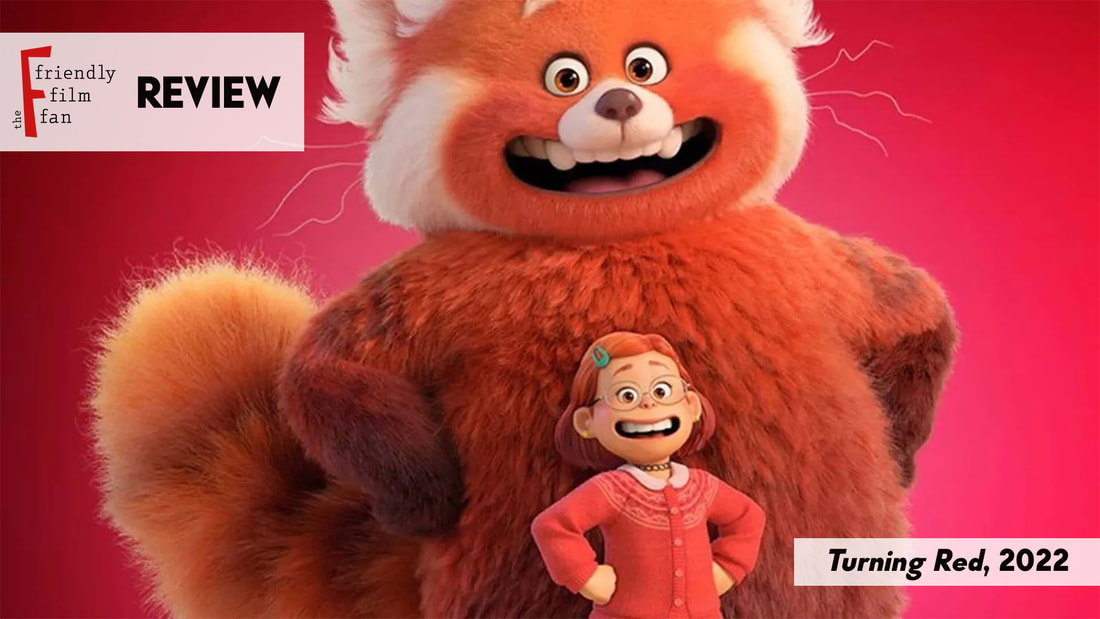 Back in December of 2020, as Disney and Pixar’s latest animated feature Soul debuted on the streaming service Disney+ (with no theatrical release), the world was introduced to a new normal of which we were blissfully unaware. One more Pixar streaming release and nearly a year and a half later, the latest effort from the animation studio, Turning Red, has debuted on the service – as Soul and Luca before it – sans a theatrical showing. Whether this is fair of Disney to do or whether it’s fair that CEO Bob Chapeck only seems interested in pushing funding towards projects exclusively owned and operated by the parent company while others like 20th Century, Searchlight, or even Pixar get the short stick is a discussion for another time, but it must be said up front that Turning Red deserved a theatrical release. Now, onto the actual review. There are moments when Turning Red feels as though it might transform into something brilliantly subversive, and many times, it’s a hair away from doing so. The main character often bucks from tradition, sneaks out of the home, refuses to heed her mother’s wishes, and generally rebels almost the entire runtime, and the movie not only posits this as a good thing, but something essential to a child’s development as they grow in their independence, especially if their trajectory is distinctly non-traditional. In theory, Turning Red should be one of the most underrated Pixar movies to ever grace a streaming platform. Unfortunately, the execution of those ideas is a little undercut by the fact that this is…well, a kid’s movie. Animation style and any gripes or defenses of it aside, Domee Shi’s first entrant in the Pixar canon has all the ambition it needs to truly cut through some of Disney’s toughest material: parental disapproval and broken parent-child relationships. To its credit, the film doesn’t completely fix the relationship between Rosalie Chiang’s Meilin Lee (a.k.a. Mei Mei) and Sandra Oh’s Ming (Mei’s mother) by its end, but it also doesn’t really make a definitive statement on Mei’s eventual place in the story. We know how we’re supposed to read into whatever’s going on, but it just seems as though the film could have taken 30 minutes getting there instead of nearly two hours, and much of that is due to the story’s lack of focus. When Mei is at school with her friends or interacting with her mother, the movie’s cooking well, and one can tell there’s a lot more meat on the bones than previously thought, but then the moment would come when that meat is meant to be revealed, and it’s just…kind of there. The film’s attempts at comedy work for what the movie needs, but still largely fall flat, and while many of the metaphors and what the story is meant to be saying work in thought, they feel sloppy in practice. Perhaps the sloppiness is partially intent, partially happenstance, but nevertheless, messiness in story is one thing and messiness in storytelling is another entirely. Most of this can be attributed to the fact that Mei’s friend characters aren’t that interesting or three-dimensional (Mei herself feels largely two-dimensional most of the time), but it becomes most obvious when the rest of the family is brought into the fold. Mei’s father is not a character; he’s a mouthpiece for the movie to bounce jokes and character development off of, but we neve actually get to see him develop at all. He’s always around, but never engaged, always in the home scenes, but almost never necessary. His one big moment with Meilin pokes at a sensitivity most animated dads take entire movies to grow into, but the movie doesn’t seem interested in him as anything but a chess piece, a way to move everything else to where it can go while he just stays put where he is on the board. In fact, pretty much any male character in the movie is a one-dimensional piece of cardboard for the movie to use in pretty much every way except advancing the plot or bringing nuance to the story. That’s not to say that the men should dominate the story more – this is very much a story geared towards and for young girls – but it sort of felt as if they were just dropped into a story in which they didn’t really have a place. Where I will give Turning Red its largest line of credit is in how it tackles female pre-pubescence specifically as something that’s awkward, gross, uncomfortable – as all pre-pubescence is – but also entirely and unequivocally normal. The film references periods in no uncertain terms, and I can’t remember the last time an animated movie had the sense to talk about menstruation with anything except cringey embarrassment at even touching the subject. It may seem like a quietly revolutionary thing for an animated film to do so explicitly, but it’s greatest contribution is how non-revolutionary it feels. One notices the jokes around it and the natural embarrassment a child feels going through it for the first time, but the film doesn’t use these as a way to shun or put down the event of having a period; in fact, Mei’s mother goes out of her way to help her daughter get through her “red bloom” (though obviously the movie is dealing with something else entirely in that moment). There are many other thing the movie does well – the animation looks great, the editing is sometimes ridiculously whimsical, it’s not a slog to sit through, there are fun gags and side characters, and there’s stadium scene that’s really neatly executed – but they’re all things Pixar has always done well, so this stood out as something uniquely praiseworthy. Simply put, Turning Red may present itself as something truly of a kind with its peers, and to some it will be – which is a good thing – but by and large, it feels like Pixar on cruise control, just cycling through the motions until the next Pete Doctor project can show everyone how it’s really done. Maybe Pixar needed to be on cruise control for audiences to see just how much pressure is put on them for quality filmmaking at a level most people don’t expect from live-action projects out of more scrutinized studios. I will still fight for films like this and for their theatrical releases, regardless of whether I believe them to be as good as they have the potential to be or not; but cruise control still won’t win any races, and Pixar is starting to fall behind. I’m giving “Turning Red” a 7.1/10. Uncharted, a new movie adaptation of a beloved action-adventure video game franchise, has been languishing in development hell for well over a decade, to the point where Mark Wahlberg (who plays Sully in the film) was, at one point, attached to play franchise lead Nathan Drake before being relegated to the main supporting cast. Several directors had hopped on to the project and then hopped off to do other things, several re-writes were done, and the actual shooting of the film finished in October of 2020. Now, in 2022, that adaptation has finally arrived, and with it some expectation that things probably wouldn’t be too praise-worthy in the final product. I mean, who knew that just over a year after filming finished, the movie’s resident Nathan Drake (Tom Holland) would be the headline character in the third-highest domestic box office grosser of all time, and thus ably proven to be able to carry a movie on his own? It would seem that turn even surprised Sony Pictures, who produced the Holland-starring Spider-Man films. Thus, the superstar ends up sharing most of his screen-time with Mark Wahlberg’s character not out of necessity, but out of, perhaps, a sense that he would need a more established, well-known anchor to help carry the scenes where he may otherwise have had to do a lot of heavy lifting (it’s happened in all three MCU Spider-Man films too).
What we’re left with in the Uncharted movie is a harmless but bland series of action set-pieces and lackluster puzzle solving, much of which set against some of the worst green-screen backdrop compositing I’ve seen in a movie in quite some time, sprinkled through a thoroughly underwhelming story that really only makes cursory nods to its source material without engaging in what almost any of it actually means or what made that source material so beloved in the first place. Essentially, it’s a cover band opening act (at a show with two opening acts) that plays the hits you know, but not nearly as good as the original artist, and the hits they’re playing aren’t really the ones you wanted to hear anyway. They’re just there for the moment while you wait for the headliner to finish setting up. Holland’s Nathan Drake feels like a diet version of games’ protagonist, meanwhile Wahlberg’s Sully can’t be bothered to feel even a little bit like the original classic side character, and the only person who walks away from the whole thing without an actively negative note on their resume is Antoni Banderas as the film’s lackluster villain. For those hankering for another adventure movie to see in theaters, that may do well enough to pass the time, but fans of the games will more than likely be either disappointed by the film’s lackluster story or resolved to feel as apathetic toward it as they already expected to be. Video game movies have almost always fallen short of their source material, the best video game movies usually being those not adapted from gaming by informed by it, like how Scott Pilgrim vs. the World uses a lot of video game tropes to tell a fun, wild story where its most unbelievable elements are somehow plausible in the world it creates. Direct adaptations have significantly less success. Tomb Raider, Mortal Kombat, Resident Evil – these are all direct adaptations of other beloved video game franchises that don’t really work as well as they should, no matter what cool set pieces are thrown in or – in the case of the second one – no matter how bloody and violent their ratings allow them to be in order to maintain faithfulness. All this begs the question: are video games even adaptable for the silver screen? There have been some minor successes here and there with adapting games to television; most recently Arcane, which is based on the League of Legends game, has had great success in its translation to a Netflix animated series. But movies are a whole different beast than television, and we still don’t really know whether or not the upcoming Halo adaptation for Paramount+ will yield any promising results. The tricky thing in adapting video games is always: what story is the adaptation going to tell? You can’t just re-tell the games’ stories beat for beat in live-action, no matter how acclaimed they are, because nothing will feel fresh or new to the viewer. Then again, attempting to set a story outside of the main narrative – as Uncharted does in being a prequel to the main series of games – yields significant risk of alienating the customer base most prepared to appreciate what a good adaptation can do by just not being as good as the games themselves. Unfortunately, this movie falls to the latter of those. Uncharted isn’t especially offensive to fans of its source material, and some of it – such as the final set piece – does work to a degree, but those degrees are just barely passable in an era where streaming and television is not only best equipped to handle telling stories like it, but unbound by the constraints of a big-budget theatrical release in terms of time and pacing. Playing through these stories has always been more exciting than watching them, and unfortunately, the gap between the two storytelling mediums remains as wide as ever. Perhaps one day someone will get a big screen video game adaptation right. But it won’t be today. I’m giving “Uncharted” a 4.6/10 - The Friendly Film Fan The Academy of Motion Picture Arts and Sciences have revealed their annual shortlists in 10 categories for the 2022 Oscars. Hello, everyone, and welcome back to The Friendly Film Fan! Boy, it has been a crazy time in the movie world recently. Spider-Man: No Way Home shattered both pandemic and pre-pandemic box office records to become the #2 highest-grossing opening weekend earner of all time at the domestic box office, with a whopping total of $260 million (you can read our review here). No matter how one feels about the film itself, that is a staggering achievement, unlikely to be surpassed by anyone any time soon. But Spidey’s web-bound success wasn’t the only news that dropped in the movie world over the past few days; as you may have guessed by the title, the Academy of Motion Picture Arts and Sciences also revealed their shortlists for the 2022 Oscar nominations in 10 categories. The reveal of these shortlists is an annual tradition that film critics and Oscar fans the world over anticipate highly at the start of every awards season, and now the 2022 version has arrived. All three Short Film categories are given shortlists as part of the announcement, but most of the time, people are really looking for the more obvious categories. This year, those categories are “International Feature Film,” “Documentary Feature Film,” “Makeup & Hairstyling,” “Original Score,” “Original Song,” “Sound,” and “Visual Effects.” These shortlists provide a guide to where the Oscar nominations might be heading by revealing not just what made the cut, but what didn’t. The most egregious absence amongst all shortlists is the absence of Julia Ducournau’s Cannes Palme d’Or winner Titane, not only one of the best movies of the year but one of the boldest in its narrative and its direction. This could mean, giving the risk it was to submit the film, that France sees the lack of a nomination as an excuse to only submit the safer films they have available as future entries for the International Feature race. And although it was always an up-in-the-air question as to whether Titane could actually pull off a nomination in this field, its absence from the shortlist entirely feels like a gross misstep on the part of AMPAS. There are a few absences from other lists that are also notable, however (though none as boneheaded as that one). The Harder They Fall, despite being a sleeper hit in the predictions surrounding the Sound category, has missed that category entirely, although the Netflix western did nab two other shortlist spots in Original Score and Original Song. Edgar Wright’s Sparks Brothers documentary, as well as Morgan Neville’s Anthony Bourdain film, Roadrunner, both missed the cut in Documentary Feature, The Green Knight missed the Makeup & Hairstyling category, and as tough as it is to sit with, James Gunn’s The Suicide Squad did not make it to the shortlist for Visual Effects. Apart from that, there were also a few pleasant surprises. Scores for Candyman, Encanto, The Green Knight, and The Harder They Fall all cracked the list, and not just one or two but all four of the Marvel Cinematic Universe films released this year made the cut for Visual Effects (Spider-Man even made it into Sound as well). Other than those, the rest of these shortlists are filled with most of the expected material, and at the unexpected material in some categories does make sense given how those competitions look. For a full rundown of all the 2022 Oscars shortlists, see below. Best International Feature Film:
Best Documentary Feature:
Best Makeup & Hairstyling:
Best Original Score:
Best Original Song:
Best Visual Effects:
Best Sound:
Best Live-Action Short:
Best Animated Short:
Best Documentary Short:
So, what do you think of these new 2022 Oscars shortlists? Do you see anything that surprised you? Frustrated you? Do any of these change what your predictions are now going to look like? Let me know in the comments section below, and thanks for reading!
- The Friendly Film Fan Well, here we are at the second half of this packed awards nomination day, with a brand-new full list of film nominations for the movie portion of the Critics’ Choice Awards in 2022! As previously noted in the Golden Globes piece, this set of nominations/winners has a bit more bearing on where AMPAS is headed as we move steadily towards the Oscar nominations on February 8, so there’s a lot riding on these. Typically, the Critics’ Choice Association (CCA) and the Academy have quite a bit of crossover in the nominations (though winners have varied from time to time, especially in Best Picture). There are some late-breakers still rising through the ranks – Mike Faist in West Side Story still has a significant shot at a nomination from AMPAS, even if he didn’t land here – but it is nice to see such showcases as Nicolas Cage in Pig and Troy Kotsur in CODA reaffirm that they are not to be counted out. There are a million different digressions which I could employ here to discuss how these picks affects the Oscar nominations beyond just those three, but let’s not now waste anymore time in revealing what’s hot in the competition. Here are your nominees for the 27th Annual Critics’ Choice Movie Awards! Best Picture:
Best Actor:
Best Actress:
Best Supporting Actor:
Best Supporting Actress:
Best Young Actor/Actress:
Best Acting Ensemble:
Best Director:
Best Original Screenplay:
Best Adapted Screenplay:
Best Cinematography:
Best Production Design:
Best Editing:
Best Costume Design:
Best Hair and Makeup:
Best Visual Effects:
Best Comedy:
Best Animated Feature:
Best Foreign Language Film:
Best Song:
Best Score:
And those are your nominees for the 27th Annual Critics’ Choice Movie Awards! Any nominees you’re surprised to see? Any that you’re disappointed didn’t make it? What sort of bearing do you think these selections will have on the Oscar nominations? Let me know in the comments section below, and thanks for reading!
- The Friendly Film Fan Hello, everyone, and welcome back to The Friendly Film Fan! It’s been quite a while since I’ve been able to write for this site, what with the holiday season keeping both of my other jobs immensely busy, but I promise, there is more content coming, so keep your eyes peeled! For now, we have a double-header of awards pieces! Awards season is well underway, and with it comes a bevy of nominations, both from critics groups and industry voting bodies the world over. In the case of this piece, those nominations are from the HFPA (Hollywood Foreign Press Association), who came under heavy fire last year when it was revealed that the makers of Netflix’s Emily in Paris series had put the group of journalists up in a 5-star hotel in Paris as they made a set visit. The entertainment news buzz over this and the HFPA’s well-documented issues with diversity within its voting body and inconsistent rulings on categorization eligibility led to a swarm of controversy so fierce that NBC – the home of the Golden Globes for many years – announced that they would not be airing the 2022 ceremony live on television, as in years previous. For a time, it also seemed that there would simply not be a 2022 Golden Globes at all, until one day this year it was announced that the HFPA would not only be going ahead with the Golden Globes after all, but would announce their nominations on the same day as the more respected Critics Choice Awards Film Nominations (the television half of the CCA has already been announced) and have their official ceremony on January 9, 2022 – also the same day that CCA had already scheduled their own show. It’s sure to be a contentious awards day for the two voting bodies, and what it all means for the Oscars – which take place on March 27, 2022 – will likely come down to the latter of those ceremonies. For now, however, let’s keep the focus on that first set of nominations. Here are the nominees for the 79th Annual Golden Globe Awards! MOVIES Best Motion Picture – Drama
Best Performance by an Actress in a Motion Picture – Drama
Best Performance by an Actor in a Motion Picture – Drama
Best Motion Picture – Musical or Comedy
Best Performance by an Actress in a Motion Picture – Musical or Comedy
Best Performance by an Actor in a Motion Picture – Musical or Comedy
Best Motion Picture – Animated
Best Motion Picture – Non-English Language
Best Performance by an Actress in a Supporting Role in Any Motion Picture
Best Performance by an Actor in a Supporting Role in Any Motion Picture
Best Director – Motion Picture
Best Screenplay – Motion Picture
Best Original Score – Motion Picture
Best Original Song – Motion Picture
TELEVISION Best Television Series – Drama
Best Performance by an Actress in a Television Series – Drama
Best Performance by an Actor in a Television Series – Drama
Best Television Series – Musical or Comedy
Best Performance by an Actress in a Television Series – Musical or Comedy
Best Performance by an Actor in a Television Series – Musical or Comedy
Best Television Series, Anthology Series, or Motion Picture Made for Television
Best Performance by an Actress in a Television Series, Anthology Series, or Motion Picture Made for Television
Best Performance by an Actor in a Television Series, Anthology Series, or Motion Picture Made for Television
Best Performance by an Actress in a Supporting Role on Television
Best Performance by an Actor in a Supporting Role on Television
And there you have it; those are you 2022 Golden Globe Award Nominees! What do you think of these nominations? Do they indicate anything to you about the Oscars? Are you going to keep up with the HFPA’s winner selections this year? Let me know in the comments below, and thanks for reading!
- The Friendly Film Fan |
AuthorFilm critic in my free time. Film enthusiast in my down time. Categories
All
|
